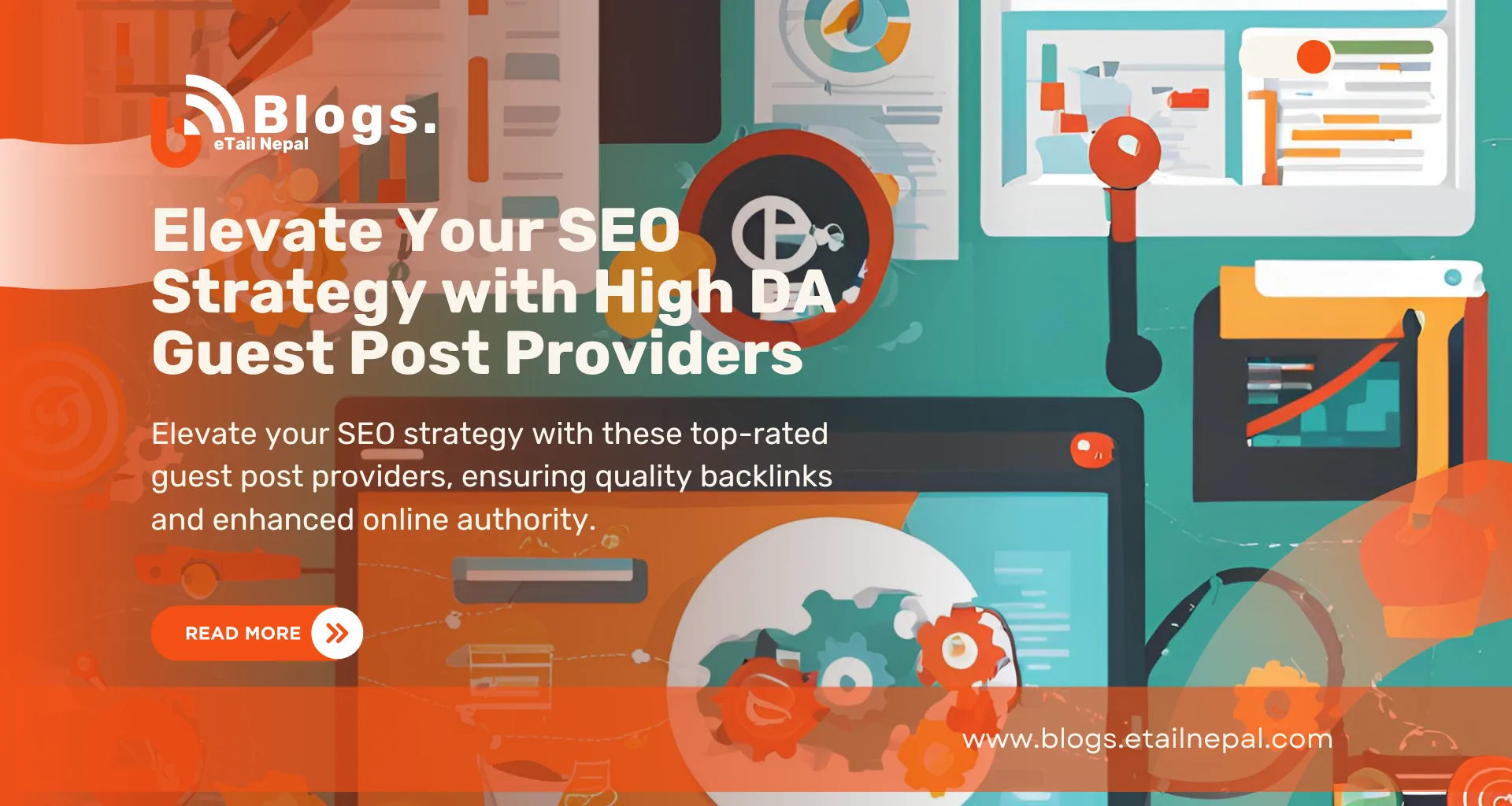Ever scrolled through your favorite social media app and wondered how that one brand always seems to pop up? Or have you searched for something on Google and clicked the first result without a second thought? Behind that seamless experience is a digital marketer, a professional dedicated to connecting businesses with people in the vast online world. But what does a digital marketer do all day? It’s a role that’s part creative, part scientist, and entirely essential in today’s business landscape.
This guide will demystify the world of digital marketing for you. We will explore the core duties that every digital marketer handles. You will learn about the exciting specializations you can pursue within the field. We will also cover the essential skills needed to succeed in this dynamic career. You will get a glimpse into a typical day in the life of a marketer. Finally, we will outline the promising career path and what you can expect to earn.
The Core Responsibilities of a Digital Marketer
At its heart, a digital marketer’s job is to use online channels to build brand awareness, attract customers, and generate sales. Their responsibilities are diverse and require a blend of strategic thinking and hands-on execution. This makes the career of a digital marketing specialist both challenging and rewarding.

Developing and Implementing Campaigns
A primary duty is to create and manage multi-channel marketing campaigns. This involves everything from initial brainstorming and strategy to execution across platforms like social media, email, and search engines. The goal is to create a cohesive brand message that resonates with the target audience wherever they are online.
Analyzing Data and Measuring ROI
Digital marketers are data detectives, constantly tracking the performance of their campaigns. They use tools like Google Analytics to monitor website traffic, conversion rates, and other key performance indicators (KPIs). This data-driven approach allows them to understand what’s working, what isn’t, and how to optimize their strategy for a better return on investment (ROI).
Managing Online Presence and Content
Content is the fuel for all digital marketing efforts. Marketers are responsible for creating, curating, and managing all the content a brand puts out, including blog posts, videos, social media updates, and website copy. They ensure the content is not only engaging but also optimized for search engines to attract organic traffic.
Key Digital Marketing Specializations: Find Your Niche
The field of digital marketing is broad, offering numerous specializations that allow you to focus on an area that matches your skills and interests. An effective digital marketing strategy often involves experts from several of these domains working together. Each specialization requires a unique skillset and offers a distinct career path.

1. Search Engine Optimization (SEO)
SEO specialists work to improve a website’s visibility on search engines like Google. Their goal is to achieve high rankings in search results for relevant keywords, driving organic (unpaid) traffic to the site. This involves on-page optimization, link building, and technical SEO to ensure the site is easily discoverable by search engines and users.
2. Pay-Per-Click (PPC) Advertising
PPC specialists manage paid advertising campaigns on platforms like Google Ads and social media. They are responsible for keyword research, creating compelling ad copy, setting bidding strategies, and optimizing campaigns to generate high-quality leads and maximize ROI. Paid search is a powerful tool for getting quick, targeted results.
3. Content Marketing
Content marketers focus on creating and distributing valuable, relevant, and consistent content to attract and retain a clearly defined audience. They develop content strategies that might include blogs, e-books, videos, and infographics to build brand authority and drive profitable customer action. Storytelling is a key skill for a content strategist.
4. Social Media Marketing
Social media marketers use platforms like Facebook, Instagram, Twitter, and LinkedIn to build a community, engage with audiences, and promote products or services. Their responsibilities include creating content calendars, managing posts, running ad campaigns, and analyzing engagement metrics to grow a brand’s online presence.
5. Email Marketing
Email marketing specialists design and execute email campaigns to nurture leads and communicate with customers. They work on building email lists, segmenting audiences for targeted messaging, and writing compelling copy that encourages opens and clicks. Analyzing campaign performance through metrics like open rates and click-through rates is also a crucial part of the job.
Essential Skills Every Digital Marketer Needs in 2025
To thrive in digital marketing, you need a combination of hard (technical) and soft skills. The digital world evolves quickly, so a commitment to continuous learning is non-negotiable. The most successful professionals are those who are adaptable, curious, and always ready to embrace new technologies and strategies.

Hard Skills: The Technical Foundation
These are the practical, technical skills required to execute digital marketing tasks effectively.
- Data Analysis: The ability to interpret data from tools like Google Analytics 4 is crucial for making informed decisions and proving the value of your marketing efforts.
- SEO and SEM: A deep understanding of search engine optimization and marketing is fundamental for driving traffic and visibility.
- AI and Automation: Proficiency with AI-powered marketing tools is becoming essential for streamlining tasks, personalizing campaigns, and gaining a competitive edge.
- Content Creation: Whether it’s writing compelling blog posts, creating engaging videos, or designing eye-catching graphics, content is at the core of marketing.
Soft Skills: The Human Element
These interpersonal skills are just as important as technical know-how, as they enable effective collaboration and strategy.
- Creativity: Coming up with innovative campaign ideas and solving problems creatively is vital in a crowded digital space.
- Communication: Strong written and verbal communication skills are necessary for creating clear content and collaborating with team members and stakeholders.
- Adaptability: The digital landscape is always changing, so marketers must be able to adapt their strategies quickly to new trends and algorithm updates.
- Empathy: Understanding the customer’s needs, pain points, and motivations is key to creating marketing that truly connects and builds lasting relationships.
A Day in the Life of a Digital Marketer
So, what does a typical day look like for someone in this field? While no two days are exactly the same, a digital marketer’s schedule is often a dynamic mix of planning, execution, and analysis. The day usually begins with a review of campaign performance and urgent communications.
The morning might be dedicated to strategic tasks like checking analytics, responding to important emails, and attending team meetings to align on priorities. This is often followed by a block of time for deep work, such as writing a blog post, setting up a new ad campaign, or optimizing a landing page.
Afternoons often involve more collaborative activities. This could include meeting with clients, coordinating with designers or developers, and engaging with the community on social media. The day typically wraps up with planning for the next day and staying updated on the latest industry news and trends to ensure strategies remain fresh and effective.
Career Path and Salary Expectations
A career in digital marketing offers significant growth potential and competitive salaries, especially as businesses increasingly shift their focus and budgets online. The global digital marketing market is projected to grow significantly, reaching an estimated $786.2 billion by 2026, indicating strong and sustained demand for skilled professionals.

- Entry-Level (0-2 years): Roles like Digital Marketing Intern or Executive focus on learning the ropes by supporting campaigns, writing content, and managing social media accounts.
- Specialist (2-4 years): At this stage, professionals often choose a specialization like SEO, PPC, or Content Marketing, taking on more strategic and autonomous work.
- Manager (4-7 years): Digital Marketing Managers lead teams, oversee entire campaign strategies, and are responsible for reporting results to senior leadership or clients.
- Director/Head (7+ years): Senior roles involve setting the overall vision for the marketing department, managing budgets, and driving the company’s long-term growth.
Salaries vary based on experience, specialization, and location, but the field is known for its lucrative potential. As you gain experience and demonstrate a strong track record of results, your earning potential increases significantly.
Frequently Asked Questions (FAQs)
1. Is digital marketing a good career for the future?
Absolutely. The demand for digital marketing professionals is booming and expected to continue growing. As more businesses move online, the need for experts who can navigate the digital landscape becomes increasingly critical, making it a future-proof career choice.
2. Can I become a digital marketer with no experience?
Yes, it is possible to start a career in digital marketing with no formal experience. You can begin by taking free online courses from platforms like Google Digital Garage or HubSpot Academy, working on personal projects like starting a blog, and building a portfolio to showcase your skills.
3. What qualifications do I need for a digital marketing job?
While a degree in marketing or a related field can be helpful, it’s not always a requirement. Many employers prioritize practical skills and certifications in areas like Google Ads, Google Analytics, SEO, and social media marketing. A strong portfolio demonstrating your abilities is often more valuable than formal qualifications.
4. What are the most in-demand digital marketing skills?
In 2025, the most sought-after skills include data analysis, AI-powered marketing, SEO/SEM, content creation, and social media management. Soft skills like adaptability, creativity, and strong communication are also highly valued by employers.
5. What is the difference between digital marketing and traditional marketing?
Digital marketing uses online channels like search engines, social media, and email to reach customers, whereas traditional marketing relies on offline channels such as print, radio, and television.[1] The key advantage of digital marketing is the ability to track performance in real-time and engage in two-way conversations with the audience.
6. What tools do digital marketers use?
Digital marketers use a wide array of tools. For analytics, Google Analytics is essential. For SEO, tools like Ahrefs and SEMrush are popular. For social media and content management, platforms like Hootsuite, Buffer, and Trello are commonly used, while Mailchimp is a go-to for email marketing.
Your Journey into Digital Marketing Starts Here
Embarking on a career as a digital marketer is a journey into a field that is constantly evolving, full of growth opportunities, and central to modern business success. It’s a path that rewards curiosity, creativity, and a strategic mindset. Whether you’re drawn to the data-driven world of SEO, the fast-paced environment of social media, or the creative challenge of content, there is a place for you.
Ready to take the next step and dive deeper into the world of online business?
Explore more with https://blogs.etailnepal.com/ to continue learning and growing.





